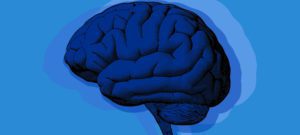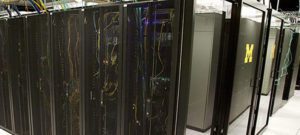Most programs in use today have to be completely rewritten at a very low level to reap the benefits of hardware acceleration. This system demonstrates how to make that translation automatic.


Most programs in use today have to be completely rewritten at a very low level to reap the benefits of hardware acceleration. This system demonstrates how to make that translation automatic.
How changing the rules of computing could lighten Big Data’s impact on the internet.
The post Big data, small footprint appeared first on Michigan Engineering News.
Vehicles that perceive obstacles that aren’t really there could cause traffic accidents.
The post Autonomous vehicles can be fooled to ‘see’ nonexistent obstacles appeared first on Michigan Engineering News.

Prof. Austin is a creative, outside-the-box thinker who has produced a body of work that has had extraordinary impact in the area of computer architecture.

The teams designed systems for faster and more efficient distributed and large-scale computing.

The team says their framework can scalably and semi-automatically monitor the use of filtering technologies for censorship at global scale.
Researchers have demonstrated the ability to “unlearn” sensitive identifying data from audio used to train machine learning models.

A team at Michigan proposed an approach to generating realistic and high-fidelity stock market data to enable broader study of financial markets.

The students and faculty submitted projects spanning several key application areas for AI.

The team will develop a secure, data-intensive network solution to effectively transport extremely high volumes of research data on and off campus.